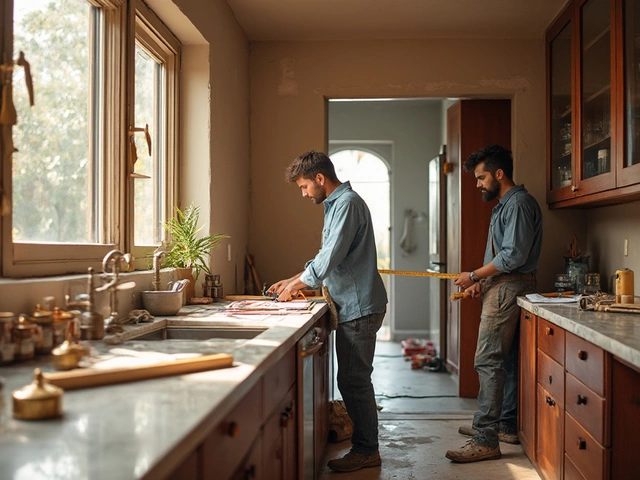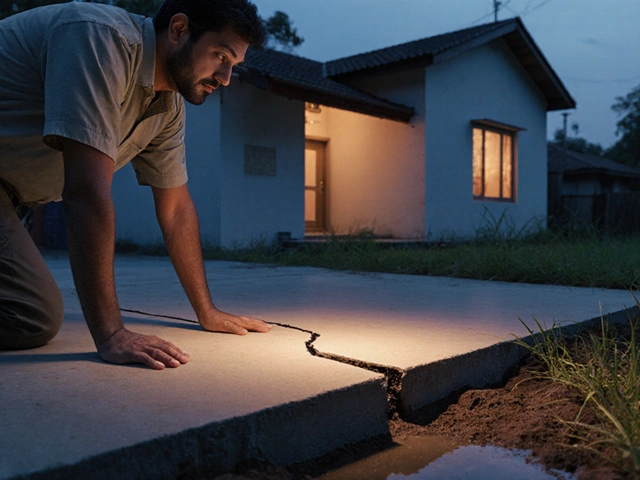Preventing Cracks in Construction: Key Methods and Materials
When you're building or repairing a structure, preventing cracks, the process of stopping structural fissures before they form or worsen. Also known as crack control, it's not just about aesthetics—it's about safety, longevity, and saving money down the line. A single crack in a foundation can grow into a major issue if ignored, leading to water leaks, uneven floors, or even structural failure. The good news? Most cracks aren't unavoidable. They're often the result of poor material choices, improper curing, or skipping key steps during construction.
One of the biggest culprits behind cracks is foundation settlement, the gradual sinking or shifting of a building’s base due to soil movement or inadequate support. If the ground beneath your structure isn’t properly compacted or stabilized, even the strongest concrete will crack over time. That’s where materials like galvanized wire, steel wire coated in zinc to resist rust and add tensile strength. come into play. Used in reinforced concrete slabs, mesh panels, and masonry ties, galvanized wire helps hold materials together under stress, reducing the chances of sudden fractures. It’s not glamorous, but it’s one of the most reliable tools in the trade for keeping walls and floors intact.
Cracks don’t just show up in foundations. They appear in walls after improper drying, temperature swings, or poor plaster application. In new builds, using the wrong mix of concrete or skipping curing time can cause hairline cracks within weeks. Even drilling into walls without checking for hidden pipes or wires can create stress points that lead to bigger problems later. The key is prevention: proper material selection, following building codes, and understanding how different materials expand and contract with weather changes.
What you’ll find in this collection isn’t just theory. These posts break down real cases—like why some foundation repairs cost thousands while others can be DIYed safely, how seasonal changes affect cracking, and which materials actually make a difference in long-term durability. You’ll see how galvanized wire is used in industrial settings to reinforce concrete, how to spot a bad crack before it becomes a disaster, and why timing matters more than you think when fixing structural issues.
Whether you’re a homeowner trying to avoid a costly repair, a contractor looking for reliable methods, or just someone who wants to understand why their walls are cracking—this guide gives you the facts without the fluff. No jargon. No guesses. Just what works, what doesn’t, and how to make sure your structure stays solid for years to come.





